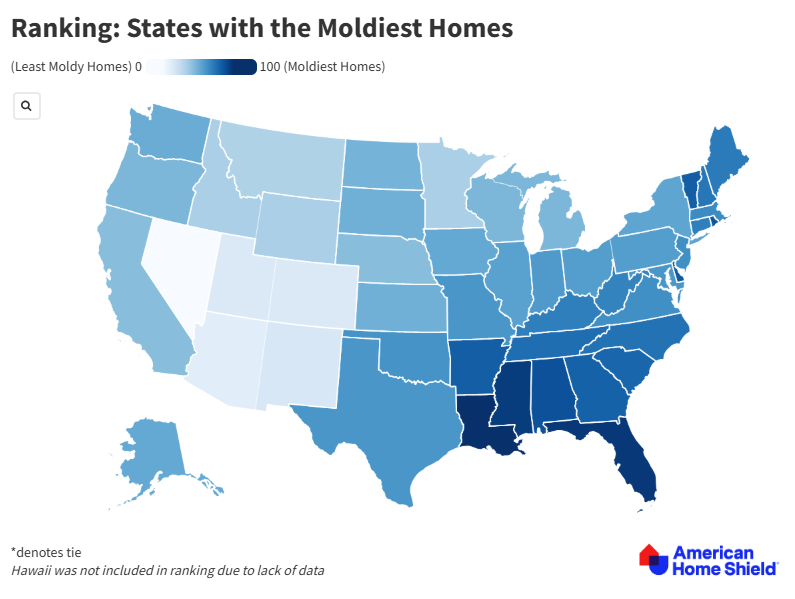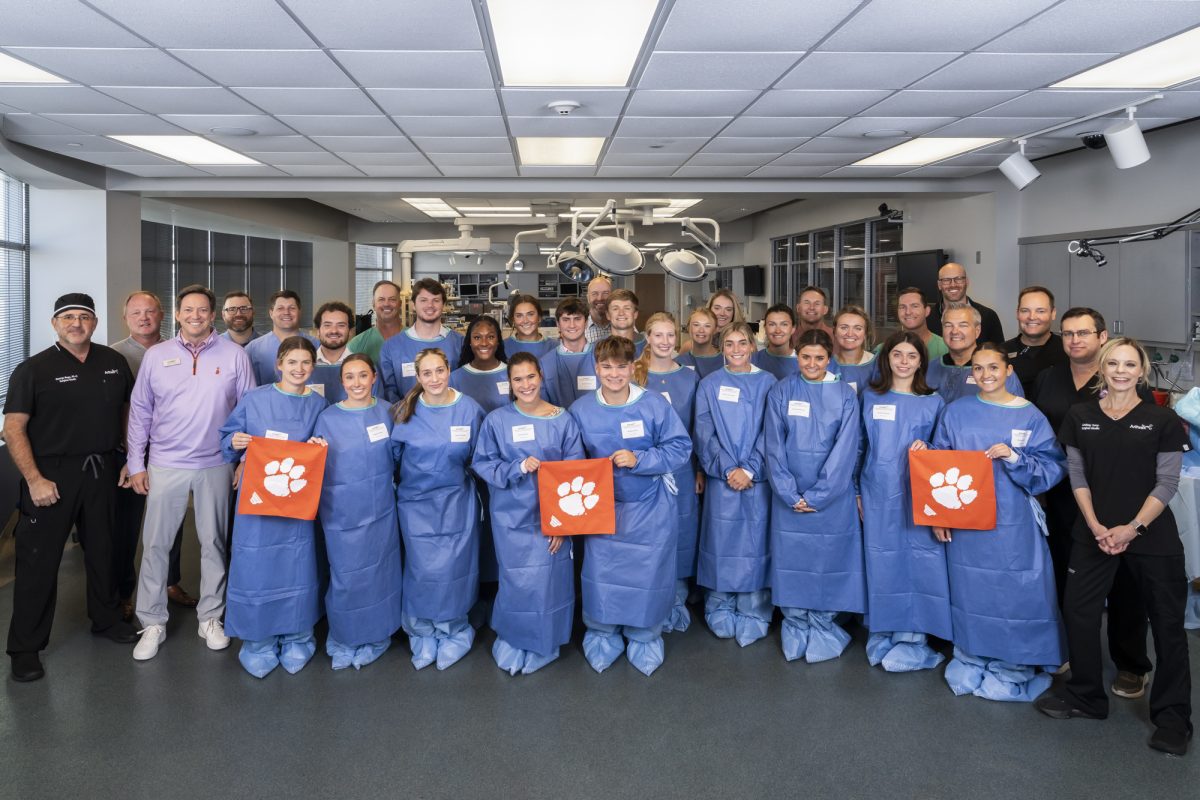This article was written by a student of ENGL 2310: Introduction to Journalism, which is taught by Mike Pulley.
When COVID-19 cases surged among Clemson students this fall, those who frequently vaped faced a higher risk of health problems from the virus.
Vaping has been directly linked to lung disease and inflammation. Since COVID-19 is an upper respiratory illness, college students using and sharing these vapes are in danger of experiencing serious symptoms of the virus, according to a data report in California from the Center for Disease Control and Prevention (CDC).
As we all know, vaping has been a common trend on college campuses and vaping among young adults is on the rise, according to the Pew Research Center. With more students moving on campus, the sharing of these vapes has also increased as kids pass around different vaping devices to people at bars and parties.
Junior graphic communications major Brooke Owens says that when she goes out, she sees “vapes getting passed from student to student.”
Even with the university launching the Healthy Clemson: United as Tigers awareness campaign, students have been struggling to social distance with bars opening. This is leading to much more in-person interaction, according to senior Clemson students Reilly Freeman, a health science major, and Jessica Ray, an early education major, who live in apartment complexes downtown.
On Friday Oct. 2, the Clemson area Chamber of Commerce announced that restaurants and bars can serve at 100 percent capacity, leading to more in-person interaction and more students using and sharing vapes.
Although it is advised that students refrain from encountering others, students who are sharing vaping devices are directly infecting one another with any sickness or virus they may have, including COVID-19. This increase in the sharing of vapes due to the opening of bars and restaurants makes it much easier for the virus to spread across campus without students even knowing, and makes users of vapes more susceptible to the harmful effects of the virus on the lungs.
Vaping can lead to the inhalation of harmful chemicals and particles that can be severely damaging to the lungs, said Dr. Michael Blaha, an associate professor at Johns Hopkins Medicine.
The use of vapes and e-cigarettes combined with increased exposure to COVID-19 can lead to devastating effects on students, including an increased risk of getting an infection, and long-lasting effects on the lungs, said medical writer Erin Digitale from Stanford Medicine.








